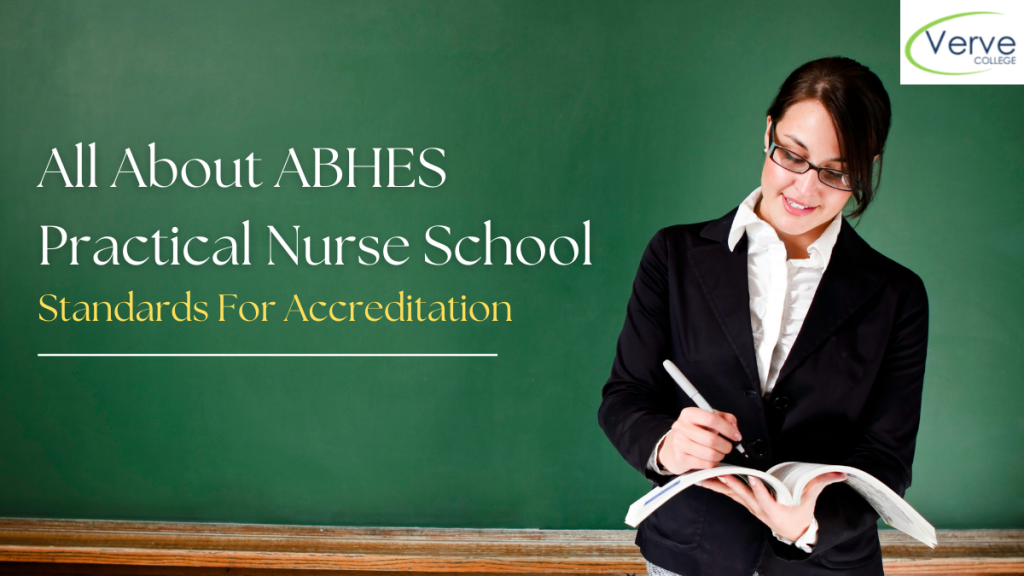- Oak Brook:(630) 705-9999
- Chicago:(312) 920-8822
- Email:inquiry@vervecollege.edu
- Make a Payment
- Home
- Programs
- Admission
- Resources
- ATI Entrance Exam Resources
- New E-Digital Library
- Refer a Friend
- School Newsletter
- Events
- Employers
- Job-Network
- Alpha Beta Kappa Candidates
- Verve College Library
- Graduation and Pinning Ceremony Photo Galleries
- Textbook Information
- Career Services
- Tutoring
- School Catalog
- FAQ
- Constitution Day Program
- Alumni
- Verve College Plans
- Financial Aid
- HEERF Reporting
- Satisfactory Academic Progress
- Apply For Financial Aid
- Net Price Calculator
- Return of Title IV Funds (R2T4)
- Financial Aid Office Code of Conduct
- Contact
- FAQs
- Verification Policy
- Vaccination Policy
- Student Right-to-Know Act
- Misrepresentation
- Information Security Program
- Academic Award Year
- Availability of Employee
- Cost of Attendance
- Health & Safety Exemption Requirement
- Students Rights and Responsibilities
- Leave of Absence
- Pell Formula
- Military Students
- Grants/ Scholarship Policy
- Contact Us
- Testimonials
- Blog
Is a Nursing Career Right For You?
Take The Free Quiz
All About ABHES Practical Nurse School: Standards For Accreditation
All About ABHES Practical Nurse School: Standards For Accreditation
ABHES is officially recognized by the U.S. Department of Education as an independent, private, and non-profit certifying institution. It is recognized worldwide as an institution that provides quality accreditation for healthcare education. The organization’s website states that “ABHES” enhances learning, instruction, and institutional growth accountability through consistent and rigorous curriculum analysis.
It accredits online nursing programs and practical nursing programs of high quality and aids in nursing education improvement. It is based on rigorous and methodical research to determine if it meets the standards of healthcare and education for clinical settings.
ABHES’s three core principles include recognition, resources, and service. Their objectives are what determine them. They are crucial to the achievement of its objectives.
ABHES accreditation can be used to license nurse midwives and advanced practice nurses. It can be institution-wide through continuous improvement of the institution’s standards. ABHES accreditation may also be programmatic or specialized. It’s used to assess the accountability of healthcare programs like weekend nursing programs.
Healthcare professionals in healthcare settings can choose from a wide variety of ABHES programs or schools of nursing careers that offer clinical hours. These are the minimum requirements for ABHES accreditation:
- Goals & oversight
- Curriculum, clinical rotation or clinical experience, and areas of expertise in healthcare facilities
- Instruction
- Assessment for students
- Management of faculty and program
- Security
- Services for students and graduates
- Disclosures
- Student Achievement and program effectiveness
- Students take part in the administration
Related:- Accredited By ABHES and COE: What It Means For Your LPN Programs?
Accreditation For Nursing Schools
Accreditation status means that nursing schools meet the same educational requirements as their peers and adhere to accepted nursing standards. Generally, accredited schools must comply with set standards that are based on academic quality. However, this does not mean that unaccredited programs are not capable. However, voluntary accreditation is a sign that a school is willing to self-evaluate and measure curricula against standards for program requirements. It also signifies that the school will launch an improvement program to meet certain agreed-upon standards for classes. The “accreditation seal of approval” is a big deal when it comes down to nursing schools.
Relevance And Adequacy of Standards
To assist in achieving the ABHES mission, the commission is charged with determining the sufficiency and applicability of the standard’s evaluation. The annual responsibility of the Standards Review Committee (SRC) is to review standards. Review of the evaluation standards using an annual cycle of five years. At that time, a substantive review is performed on each standard. At a minimum, the SRC holds one annual meeting. Participation and input from the appropriate individuals are part of its review. Constituents include nursing students, nursing professionals, employers, graduates from accredited institutions and programs, and Industry leaders. The Commission used the information to verify that the standards were valid and reliable quality indicators. The educational community accepts them as a common standard. The Commission then revises the standards. These activities are essential components of the process but are not limited to:
Continuous emphasis on the development and implementation of outcome-specific standards.
Multiple measures: Regular objective evaluations of compliance based on information collected and verified during routine on-site assessments and administrative reports.
Analysis of group and individual data to find patterns in performance. These data are subject to systematic reviews by committees which examine them.
Make recommendations for the appropriate actions and significance. During this process, these activities have a negative impact on the profession as well as the community at large.
These measures assess the relevance and clarity of industry standards, as well as industry trends. The importance of follow-up visits, the frequency of the ABHES training Workshops’ content emphasis interim reports and related tasks
The ultimate goal is to create a productive cycle of activities that meet current and relevant standards and compliance with them, and on a regular basis, strive to improve the process integrity and product quality.
Want to Make a Career in Nursing? Get More Information About Our Courses!
Conclusion
Accreditation is a way to recognize that the criteria used to measure the performance of a practical nurse school during accreditation must adhere strictly to certain standards for reliability.
 Sign up
Sign up Login
Login




